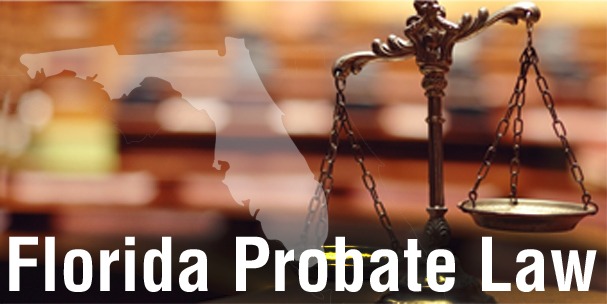A common estate planning question is what (if any) assets are handled outside of probate?
There are a number of different kinds of properties that may pass outside the provisions of your Will.
The list includes life insurance, retirement plans, individual retirement accounts, and annuities. When you purchased or set up these types of assets and accounts, you were probably asked to fill out a form listing the beneficiaries who will receive payments upon your death. These investments will pass to the named beneficiaries regardless of whether you have a Will. However, if you don’t have a beneficiary named if the beneficiary named is your “estate,” or if all the beneficiaries are dead, then those investments will be paid to your estate and pass under your Will.
Certain bank and brokerage accounts will also pass outside your Will. For instance, payable-on-death accounts (sometimes called “POD” accounts) will be distributed to the named beneficiary. Additionally, accounts set up by one or more persons as joint tenants with rights of survivorship will pass to the surviving account holder or holders.
Some banks allow you to set up what they call trust accounts even though there is no written trust agreement. These types of accounts will pass to a named beneficiary without going through probate as well.
Not all joint accounts pass to the survivor. When joint accounts are set up as tenants in common, the portion of the account that was owned by the decedent passes under his or her Will.
Many people have decided to create revocable or irrevocable trusts as part of their estate plan. Virtually all such trusts are designed to pass directly to persons or other trusts named in the document rather than under a Will.
You may find that most of your estate consists of non-probate property. Therefore, it is extremely important to coordinate the beneficiaries of all these properties to make certain your assets will be distributed as you want when you pass away.
The Law Office of Debra G. Simms, will be glad to assist you with estate planning and ways to avoid probate. Call us today at (386) 256-4882.



